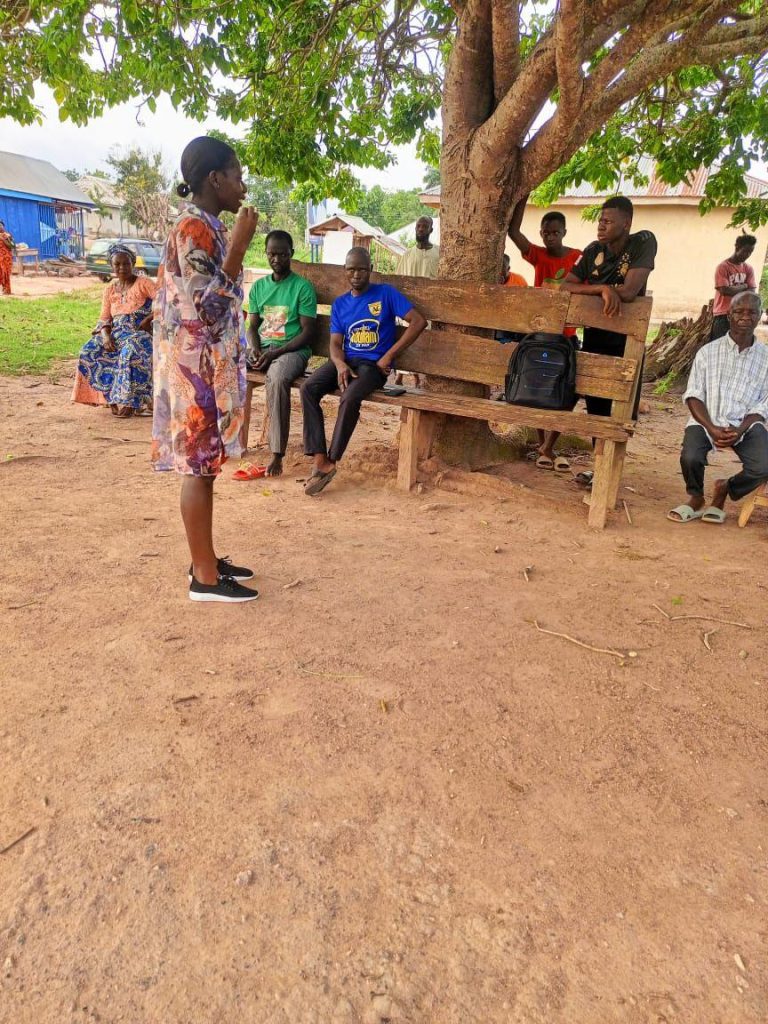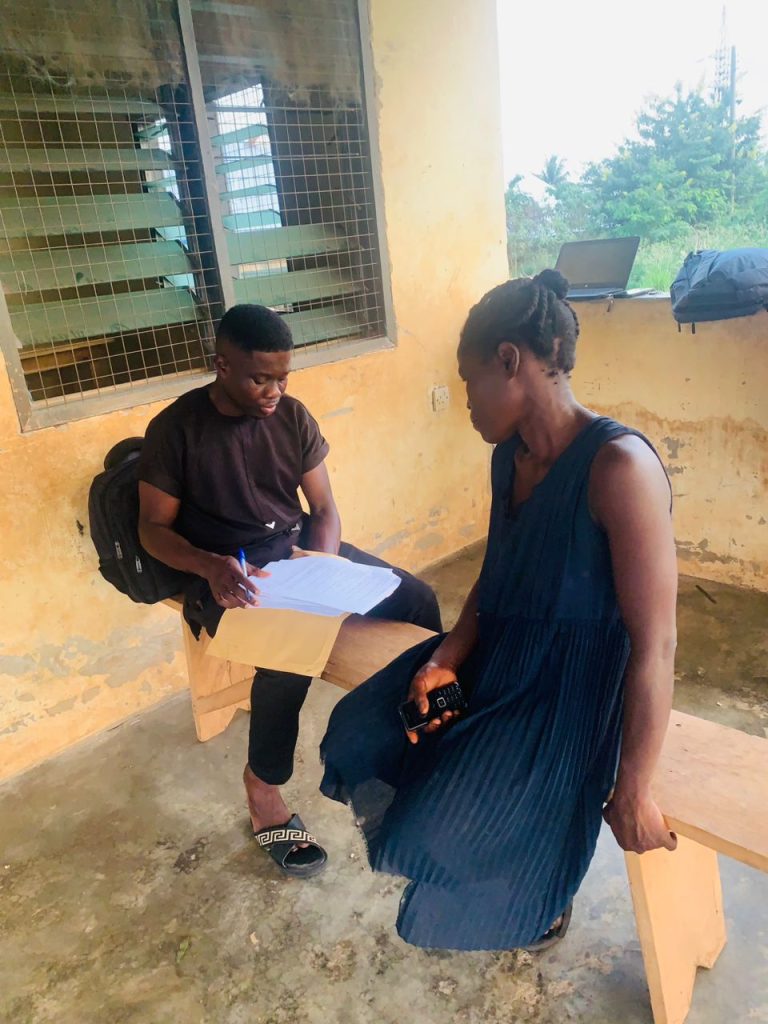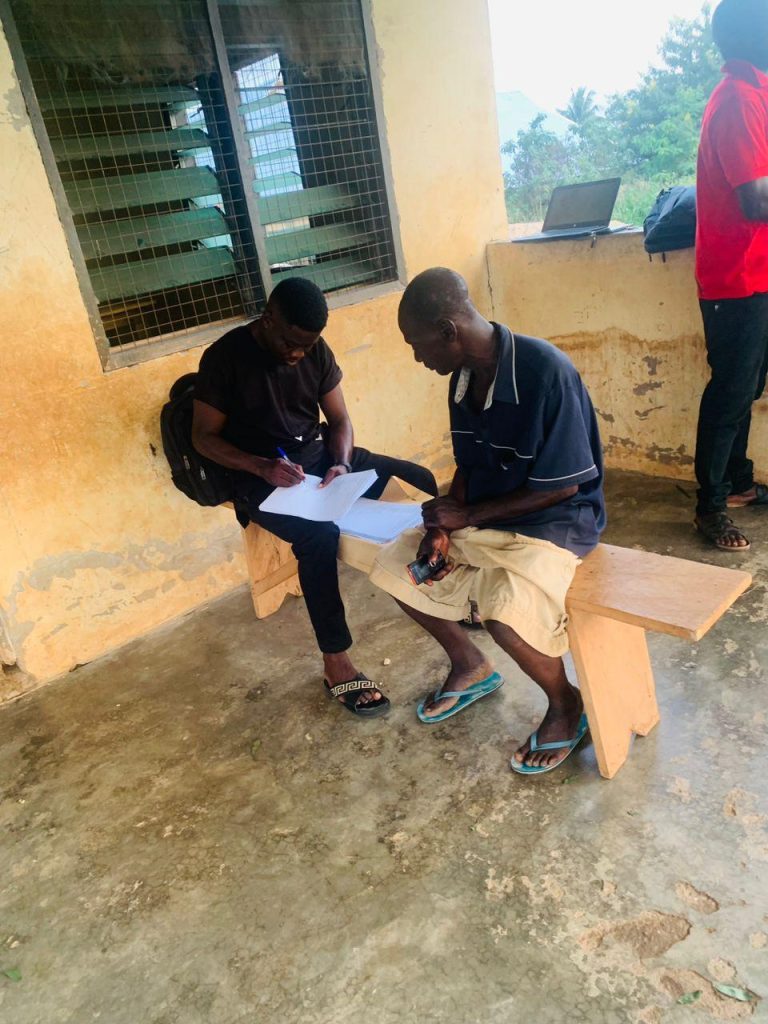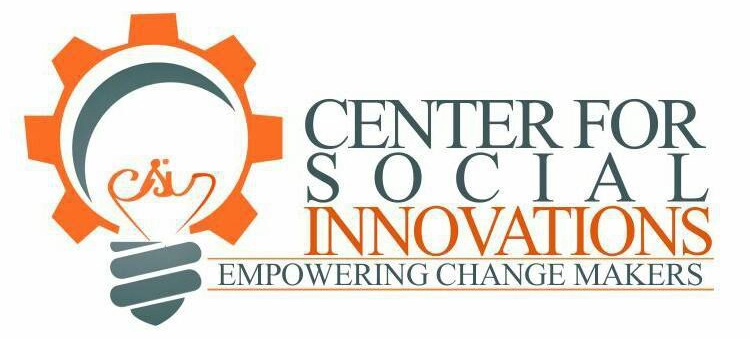While the rest of Ghana races toward a digital future, Tano North’s communities move at the pace of tradition, where hands are the tools of trade and stories are shared face-to-face. But beneath this surface lies a quiet curiosity for what technology could bring…
In the heart of rural Ghana, the communities of Boaso and Buokukruwa in the Tano North Municipal in the Ahafo region are navigating the digital age at their own pace. While the country’s internet penetration has grown to nearly 70% nationally, the reality in many rural areas is starkly different. Our recent survey, conducted by Centre for Social Innovations Ghana (CSI), sought to understand how farmers and artisans are engaging with digital tools and what barriers remain.
Survey Implementation
Our team visited Boaso and Buokurukruwa to engage directly with local farmers and artisans. Through face-to-face interviews and group discussions, we explored their experiences with technology and digital tools. The findings painted a picture of a community eager for change, but facing significant challenges.


Key Findings
- Infrastructural Barriers:
Very limited access to digital devices (majority reported “NO” to device ownership or regular access). 50% lack smartphones/laptops.
- Barriers to Adoption:
High data costs, inconsistent internet connectivity (58% lack reliable connectivity) and a lack of digital literacy are major obstacles. Many residents are not equipped with the skills or resources to leverage digital tools for their livelihoods. - Desire for Digital Empowerment:
When asked if they would be interested in digital empowerment training, the response was overwhelmingly positive. Farmers and artisans expressed enthusiasm for learning how digital tools could enhance their work, improve market access, and connect them with broader opportunities. - The Need for Local Solutions:
The survey highlighted a clear demand for economic support with agriproducts and devices, artisan support devices and local digital innovation centers such as hubs for training, access to technology, and a space for social innovation.
Community voices

“We want to learn how to use phones and computers to learn modern farming and how we can sell our produce digitally. Training would make a big difference.”
— Olivia Oforiwaa, Farmer, Boaso

“If I get trained on how to use technology to overcome problems in my plumbing work. Especially digging manholes without manpower. I would be grateful”
— Emmanuel Tuffour, Artisan, Buokurukruwa
Impact and Next Steps
The survey underscores that, while digital progress in Ghana is impressive on a national level, rural communities like Boaso and Buokukruwa are being left behind. The positive response to digital empowerment training signals a hunger for change and a readiness to embrace new skills.
Our next phase will focus on establishing digital training centers and partnerships to deliver tailored programs. By addressing both infrastructure gaps and digital literacy, we can empower these communities to participate fully in the digital economy.
Boaso and Buokukruwa are ready for a digital future, they just need the right tools and training. By listening to their needs and investing in local solutions, we can help bridge the digital divide and unlock new opportunities for rural Ghana.
By: Mary Offei – Digital Literacy Associate

